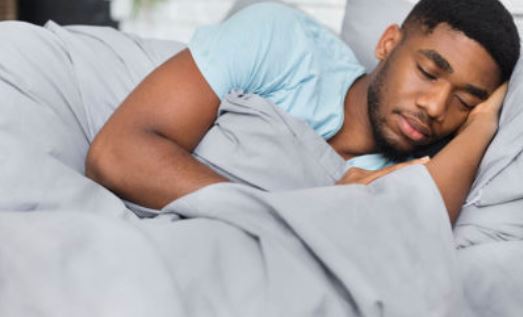
Sleep is an essential part of our everyday life. It helps our body get essential rest to function properly everyday.
However, as our lives are getting increasingly busy, it is taking a toll on our sleep cycles. Understanding how the sleep cycle works is necessary because sleep related issues are serious and can take a toll on your health.
To help you understand sleep better, here is a list of sleep myths that need to be debunked:
1. Go to bed early, to sleep sooner
This one is a very common myth we all have been told even if you don’t feel sleepy, get into bed you might start feeling sleepy. There is no point in tossing and turning in bed until you fall asleep. If you spend time in bed each night without sleeping, your body will associate your bed with being awake and not with resting.
2. Snoring is a common problem and totally harmless
We always treat this as a common problem, a problem that only bothers people around us. But the fact is far more serious than that. Snoring can be a symptom of a serious sleep issue, OSA (obstructive sleep apnea), which causes partial or total blockage of the airways. Your body may suddenly wake up when it realises you are not breathing. This problem also compromises the quality of your sleep and also increases the risk of cardiovascular diseases among other diseases as well.
3. Alcohol will help you sleep
Other than giving you a reason to drink, this myth is completely useless, using alcohol as a sleeping aid is completely wrong. Alcohol actually does the opposite of what you might be thinking it does. It restricts your body from producing melatonin. Melatonin is necessary for a relaxed sleep. Consuming alcohol also stop you from dreaming, it might leave you with a feeling of not being completely rested.
4. Lowering the car windows or turning up the air conditioner will help you stay awake when driving
Feeling sleepy while driving is quite common. You should never continue driving in such situations. Those of you who think that lowering the car windows or turning up the conditioner might do the trick, stop believing in such myths. You should find a safe place to stop the car and take a nap. Some of you might think caffeine helps but caffeine effects also take 30 minutes to kick in and vary according to different people.
5. It is okay to just get a few hours of sleep
Sleep deprivation is unhealthy for your body. Sleeping properly is essential for both mental and physical health. Our muscles also recover when we are asleep. While sleep requirements vary from person to person, an adult should get a minimum of 7 to 9 hours of sleep every night. Sleeping for lesser durations might affect your work, body and mind in the long run.

